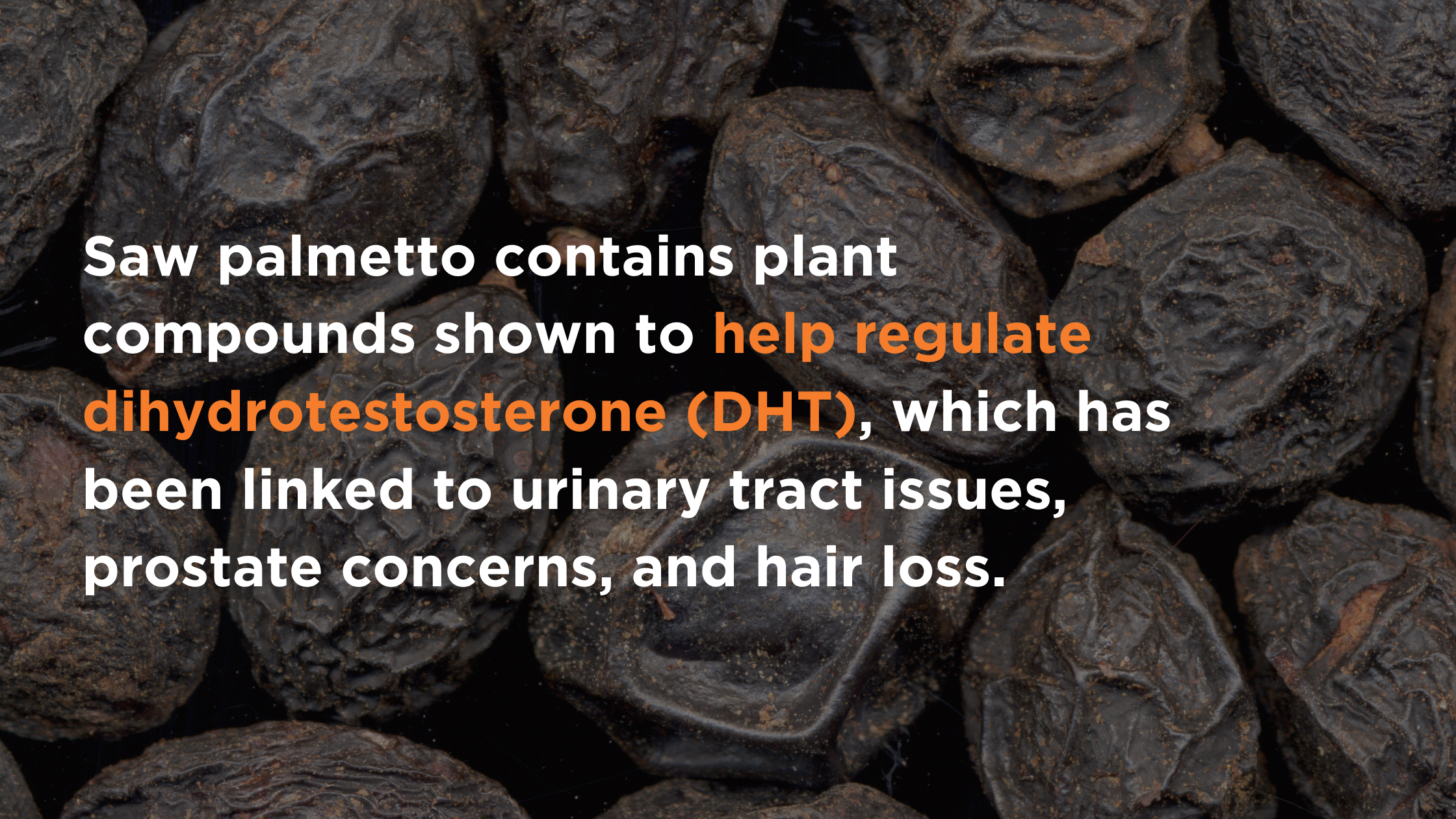For the third time tonight, you’re shaken from your sleep.
You feel the rolling wave of your mattress, hear feet hit the floor, and the gentle padding of those feet out into the hallway, where a dim light flicks on. Another bathroom trip.
This constant waking is affecting you both: your energy levels are lower, you’re both crankier, and an article you read online last week alarmed you by correlating lack of deep sleep with an increased risk of cognitive decline. Your Nurse Practitioner even mentioned that seniors who get up many times during the night are at high risk for falls that can cause broken bones or worse. You know this isn’t any way to live.

Turning back to the internet, you start to look into options for reducing his frequent nighttime urination. Alpha blockers are a main class of drugs used to treat enlarged prostates that are otherwise healthy. Side effects…hmm. Side effects include dizziness, fatigue, fainting, and headaches. Hmm.
Another type of pharmaceutical used for treating an enlarged prostate is the 5-alpha reductase blocker family of drugs. Side effects include erectile dysfunction and lower sex drive. Since you’re wanting to improve quality of life, not diminish it, this doesn’t feel like the right option, either. Wait, what does this last section say? These drugs are now required to carry a warning that they may increase an aggressive form of prostate cancer? You click out of that window and restart your search.
Side effects of pharmeceutical prostate drugs include: dizziness, fatigue, fainting, headaches, erectile dysfunction and lower sex drive.
“Natural support for prostate health.” You see a list of names…maybe herbs? Some of these sound familiar. Saw palmetto, you’ve definitely heard of that. You think your neighbor swears by it. Clicking through some links, you see that saw palmetto berry (it is an herb!) extract has been shown in published studies to decrease prostate symptoms and increase the quality of life. You jot this down on your notepad next to your computer.
Back to the search results for natural support for prostate health. Beta-sitosterol. You don’t even know how to pronounce that, let alone what it is! You click and see it defined: it turns out to be a plant compound found in fruits, vegetables, nuts, and seeds and used to make medicines, most often for lowering cholesterol and also for managing enlarged prostates. Okay, it’s the same stuff that gets added to foods to make them heart-healthy. That sounds good. You add that under saw palmetto on your list.

Next natural option for supporting his prostate health: rye grass pollen extract. Where would you even buy that? Would a health food store have bottles of pollen? Clicking further, you see that this is often called Swedish Flower Pollen Extract and is definitely available as a supplement. Oh, it’s even made into a pharmaceutical for enlarged prostate in Europe and Japan. That sounds very promising.
You see information about nettles, another herb, zinc (a mineral!), and selenium (another mineral!). You add them to your growing list.
Collected from rye grass, Swedish Flower Pollen is used in both traditional medicine and pharmaceuticals to ease issues caused by an enlarged prostate and support normal urinary function.
As you’re starting to add up how many pills per day you’ll need to convince him to take, you see an ad along the side of your screen: Pros-T from LifeSeasons. 2 softgels a day. It contains…everything on this list. Plus vitamin D3, which you are both already taking, already built in. You click and see there are dozens of 4- and 5-star customer reviews.
“Game-changer,” one says. “From four bathroom trips a night to zero”—could that be possible?? “Works even though I miss doses,” another says. Wow. Maybe this is worth a shot. You click and see that LifeSeasons offers a 90-day money-back guarantee, and now you KNOW this is worth a shot. What have you got to lose?











